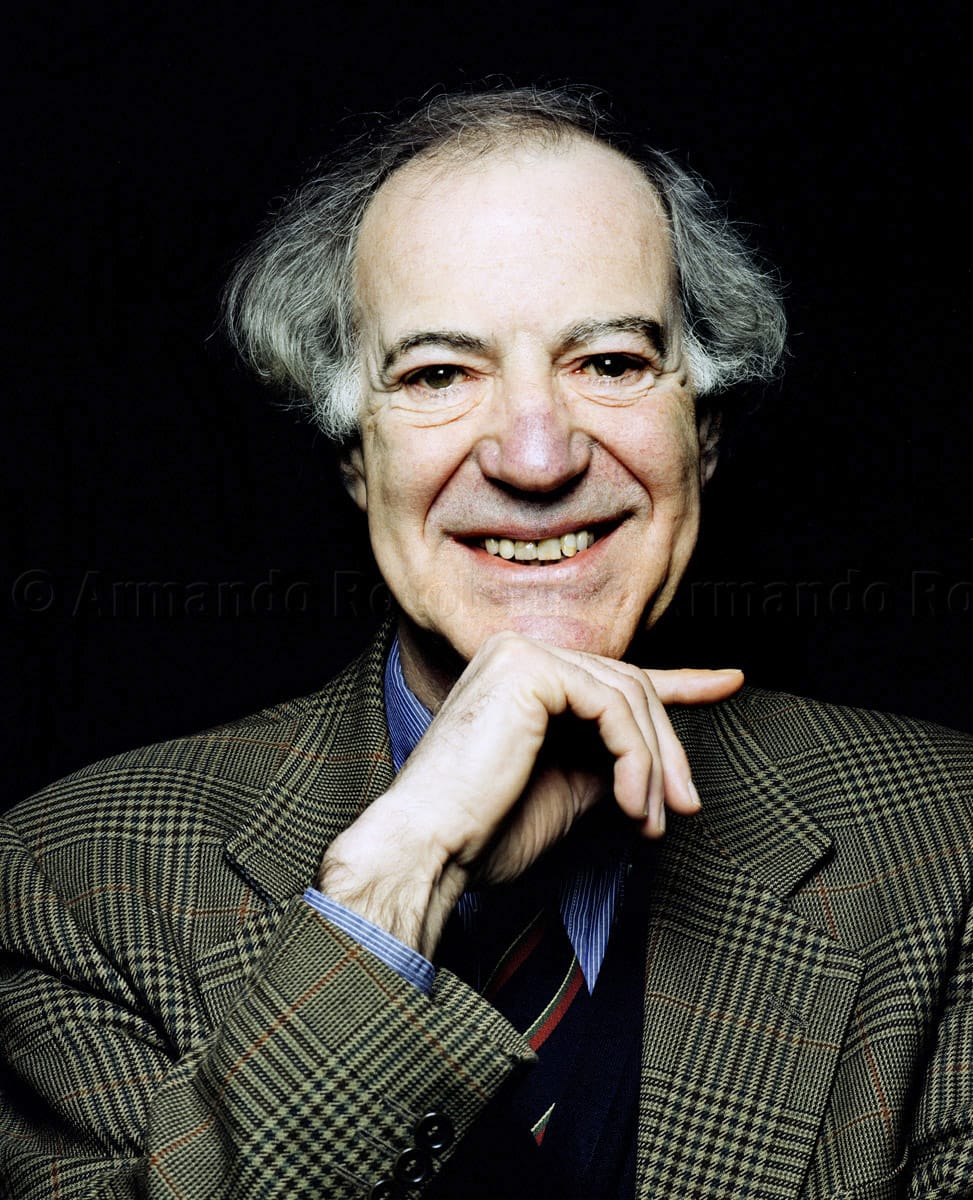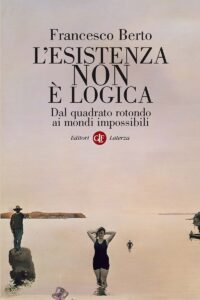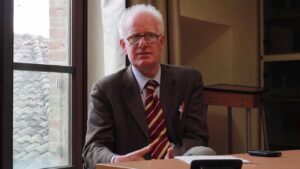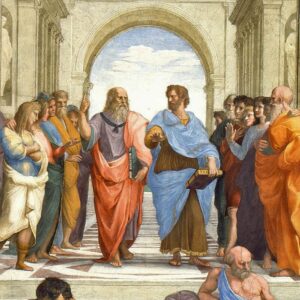Opening Lecture FINO (North-West Italy Ph.D. Philosophy Consortium) held by Prof. Veca at University of Turin on March 11, 2014. The English translation is edited by Ian Carter.
I am going to use four images taken from the repertoire of our varied philosophical tradition in order to account for some relevant features of philosophy as a vocation. Each image singles out a distinctive and persistent trait of philosophical inquiry as I understand it. The relative importance of each of these images can vary, but what interests me here is their variable combination taken as a whole, my aim being to sketch a comprehensive portrait of the activity of ”doing philosophy”.
1. LEIBNIZ’S DREAM
Allow me to begin by paying homage to the School of Turin. In 1898, Giuseppe Peano, eminent representative of formal philosophy and author of the well-known Formulario, coined the phrase ”Leibniz’s dream” in reference to an early expression of ”one of the most extraordinary and progressive research programs in the history of human thought: mathematical logic”. Marco Mondadori, the Italian logician and philosopher of science, called attention to the twofold nature of Leibniz’s dream in his inaugural lecture at Ferrara University in 1986: that of the deductive machine, on the one hand, and of the inductive machine, on the other. Concerning deduction, Leibniz states: ”Studying this problem I arrived, as if compelled by an internal necessity, at the following extraordinary idea: that it must be possible to construct a universal characteristic of reason on the basis of a method of calculus as in arithmetic or algebra. Once this has been achieved, when controversies arise between philosophers there will be no more need for a disputation. It will be enough for them to pick up their pens, sit at their abacuses, and say to each other: ”Let us calculate!”.
Numero della rivista
Visualizza e scarica il file PDF
AUTORI&AUTRICI
(Roma, ottobre 1943 - Milano, ottobre 2021). È stato uno dei maggiori filosofi politici italiani. Ha insegnato Filosofia politica alla Scuola Superiore IUSS di Pavia (di cui è stato prorettore dal 2005 al 2013) ed è stato direttore della Scuola di formazione politica "Giovanni Ferrara" (dell'associazione Libertà e Giustizia). Ha svolto una intensa attività editoriale e di ricerca, oltre ad aver ricoperto importanti ruoli accademici: professore emerito di Filosofia politica presso la Facoltà di Scienze politiche dell'Università di Pavia, facoltà di cui è stato anche preside. È inoltre stato Rettore del Collegio Giasone Del Maino, Direttore del Centro interdipartimentale di Studi e Ricerche in Filosofia sociale dell'Università di Pavia. È stato membro del Consiglio di Amministrazione dell'Istituto Italiano di Scienze umane, del Consorzio Interuniversitario, e del Comitato scientifico dell'European Centre for Training and Research in Earthquake Engineering presso l'Università di Pavia. Ha fatto inoltre parte del comitato scientifico di prestigiose riviste internazionali ed è Presidente Onorario della Fondazione Feltrinelli. Oltre a numerosi articoli e libri tra le sue pubblicazioni ricordiamo le più recenti: "L'immaginazione filosofica e altri saggi", Feltrinelli, 2012; "Un'idea di laicità", il Mulino, 2013; "Ragione, giustizia, filosofia, scritti scelti", raccolta di sui scritti a cura di Antonella Besussi e Anna E. Galeotti, Feltrinelli, 2013.




